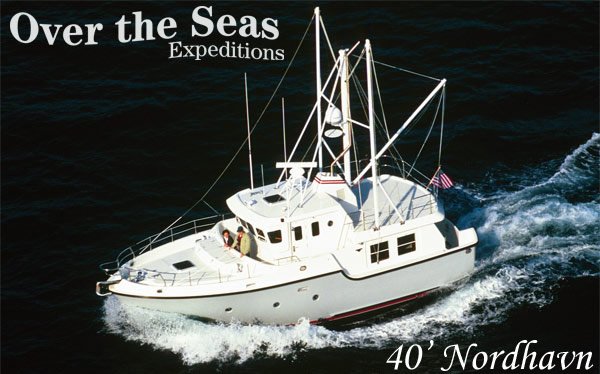IFlyEm
Member
So my wife and I are new to boating. I used to own a 21' Stingray many years ago in the Midwest. However, now we are looking to get into offshore cruising in Southern California. Being a pilot as a profession I am used to a fairly structured training environment. However, I am not able to find much information on getting some training for this new adventure. I would like a complete training course that includes everything from maneuvering the boat/docking, rules, etiquette, open water cruising, navigation, etc. Being proficient is hugely important to me if I am going to load my family up on a boat and head out into the ocean.
Are there any courses available for what I am looking for? I eventually want to get my OUPV license but I do not have 360 days of operation.
Thanks!
Are there any courses available for what I am looking for? I eventually want to get my OUPV license but I do not have 360 days of operation.
Thanks!


